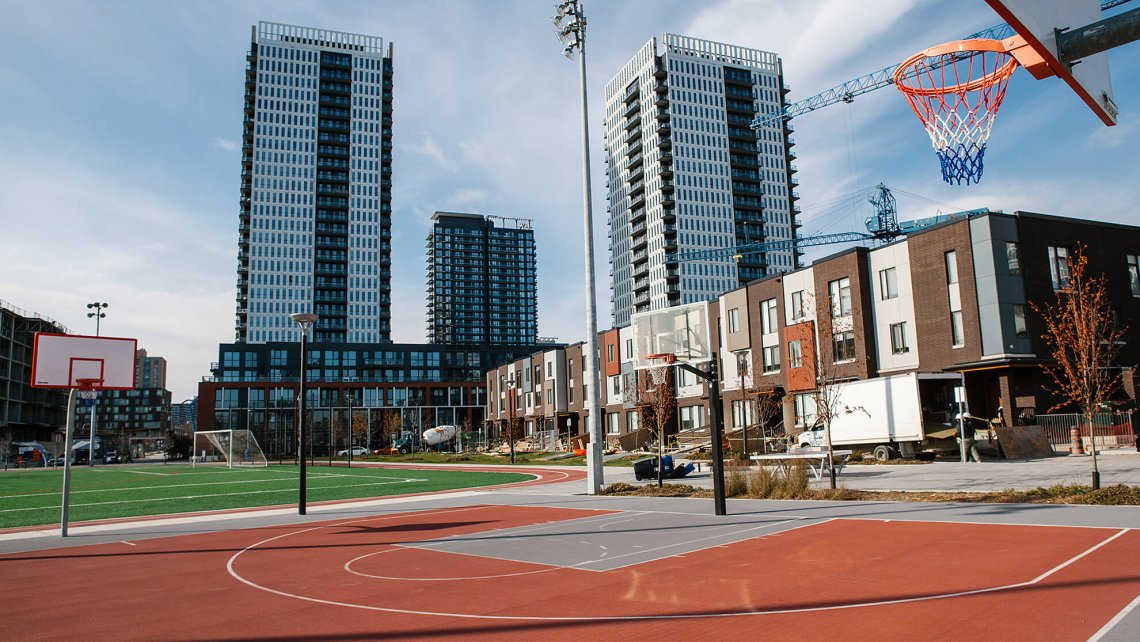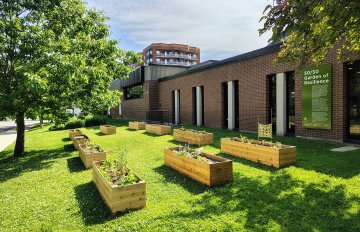Q&A with Mitchell Cohen, CM, President and CEO of The Daniels Corporation
The next installment of KWAG's Culture Talks series, Art, Architecture, the Public Realm and Social Infrastructure, featuring Mitchell Cohen, CM, will take place on Thursday, 10 April. We gratefully acknowledge Mitchell Cohen's time and insights for this question-and-answer interview below.
Event details:
Thursday, April 10, 6:30 - 8:30 p.m.
General Admission $22.50 + HST
Student/Arts Worker $12.50 + HST
Location: The Walper Hotel, 20 Queen St. South, Kitchener, N2G 1V6
100 copies of Mitchell Cohen's book Rhythms of Change will be available for FREE on the night of the talk. They will be available on a first-come, first-served basis.
Facilitated by Gabriella Breault, Senior Communications Coordinator at The Daniels Corporation, and Áine Belton, Manager of Marketing and Communications at KWAG.
What’s the most valuable piece of advice you would give urban planners when approaching requests for proposals for revitalization projects like Regent Park?
MC:
Our advice is very simple: throw out yesterday’s rigid Request for Proposal (RFP) protocol and embrace a partnership-based model. The starting point is a Request for Qualifications (RFQ). Narrow the field to two or three organizations who have a track-record building inclusive communities, who share the vision of what the urban planners and local residents have envisioned. And then sit down with the CEO’s of those organizations and talk through how the partnership will work for all stakeholders. Create a phased approach to ensure it is working for everyone, but with the goal of building a relationship that will create long-term value for everyone.
What are your thoughts on the “15-minute” city, a term coined by Professor Carlos Moreno?
MC:
Neighbourhoods are the building blocks of healthy cities and healthy cities are driving the future of our planet. With that in mind, Dr. Moreno’s ’15 Minute City’ is brilliant and hugely important to how we think about development.
Suburban sprawl and the commute times required to get from home to work to play to school and to shop have hurt us badly. We need to walk, ride bikes and build transit that allows us to do everything we need and want to do without a car. We also need to integrate affordable and accessible homes into every new development so that our communities can be truly inclusive.
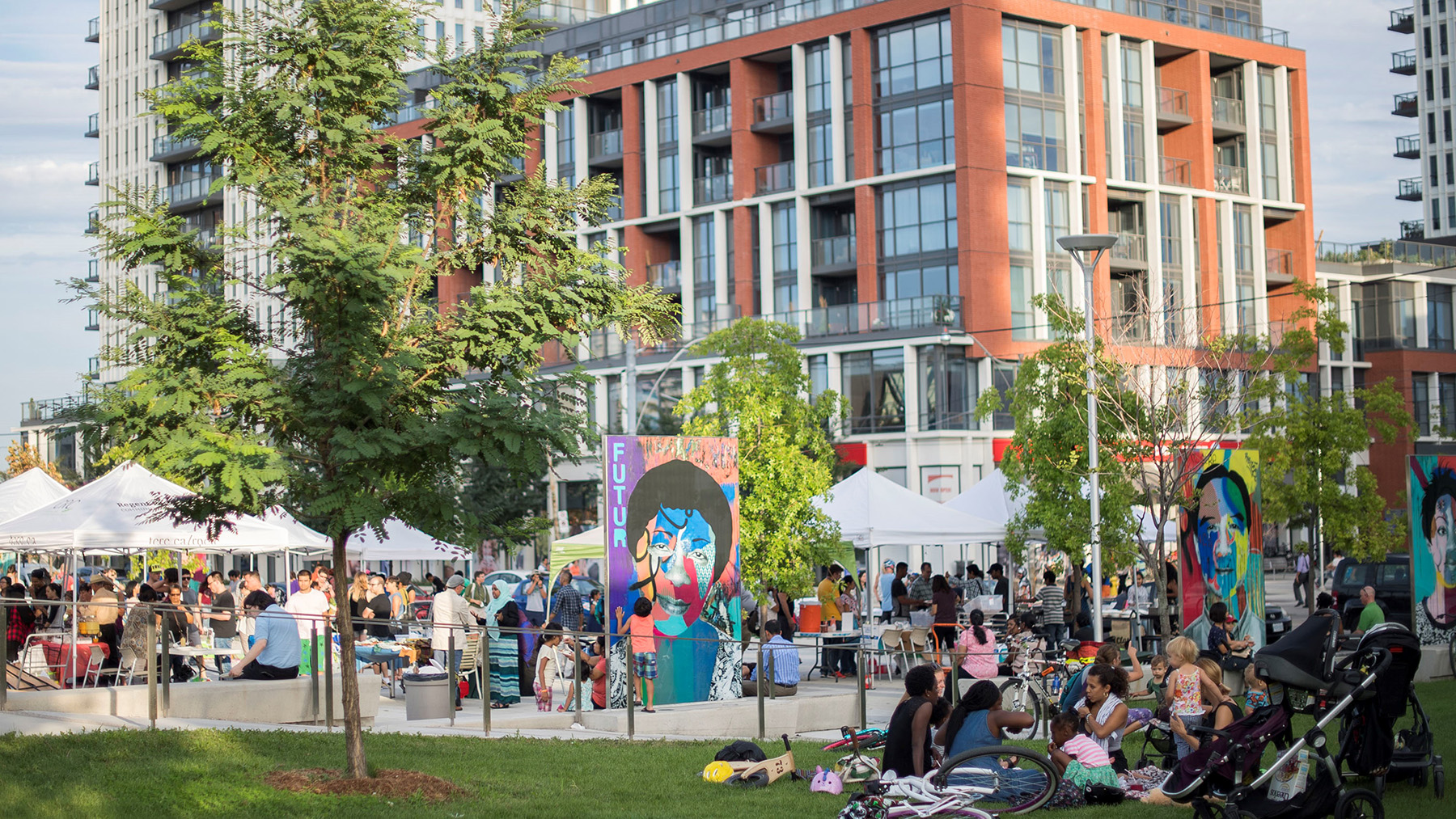
In November 2023, the federal government allocated the City of Kitchener $42.4 million through the Housing Accelerator Fund with a goal of creating 1,216 additional homes by 2027. In your opinion, is there a danger to fast-tracking housing developments?
MC:
The danger is in NOT fast-tracking. We need those additional homes, but we also need to ensure that at least 20% of those new homes are affordable in perpetuity. Not for ten or fifteen years, but forever. That takes investment and a long term vision. Simply building more homes faster will NOT create affordability.
Social sustainability is when individuals have the resources and opportunities to be involved in society to an extent that is satisfactory to them. How do you best support the social services sector that is already working within a scarcity framework?
MC:
The key is bringing the social service agencies together and building a collaborative playbook. Talk through who is best suited to lead the disparate threads of work that make up the quilt of a revitalization. Competing for those scarce resources is yesterday’s game.
And then as a collective go after the money to support those disparate threads through a Social Infrastructure Impact Fund. Find the money together, not in competitive silos, and then allocate it to support the creation of a beautiful quilt.
What do you think the future holds for housing co-ops?
MC:
We need both affordable ownership and affordable rental housing. Housing co-ops are particularly important to the future of the ecosystem because they bridge ownership and rental.
The non-profit co-op corporation owns the land and housing, but the members, who rent from the corporation, have a clear voice in how those assets are managed. This establishes local ownership and stewardship, and endless learning and engagement opportunities for co-op members.
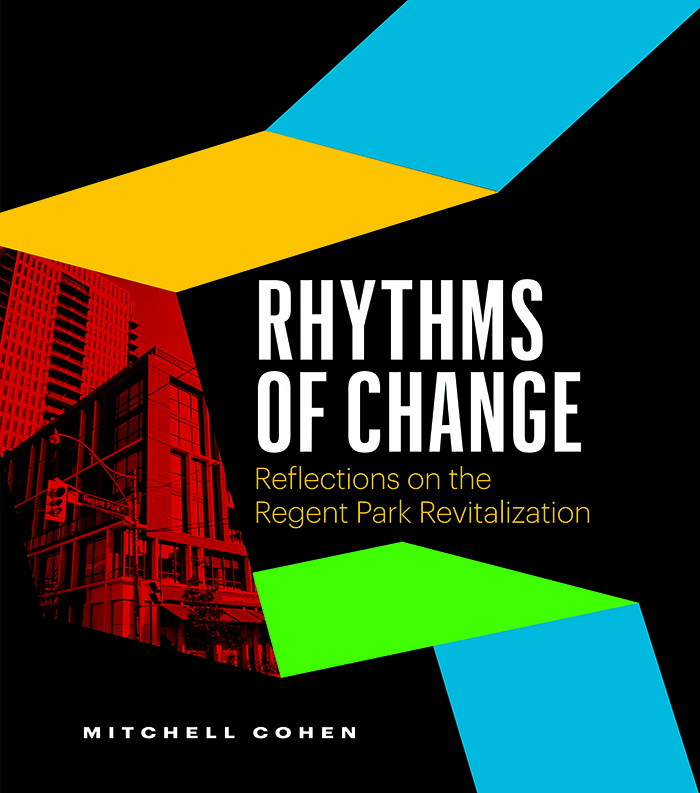 Questions about Cohen's Rhythms of Change: Reflections on the Regent Park Revitalization:
Questions about Cohen's Rhythms of Change: Reflections on the Regent Park Revitalization:
During the consultation process for the Regent Park Revitalization, you mentioned that there were residents who were employed as “Community Animators”. Do you think that Regent Park would have been as successful without this input?
MC:
Local voices are critical to any neighbourhood transformation. Top-down development driven by planners and politicians will fail. Development that honors and respects local voices, that evolves ‘from the ground’ in community has infinitely more potential to succeed.
In your own words, how would you describe an “Alternative Development Framework”?
MC:
I described the process of establishing an Alternative Development Framework above.
The end result of that process is collaboration and partnership based on a shared vision. Bold visions require risk to achieve. Both risks and rewards must be shared to maximize positive outcomes. Everyone is in it together.
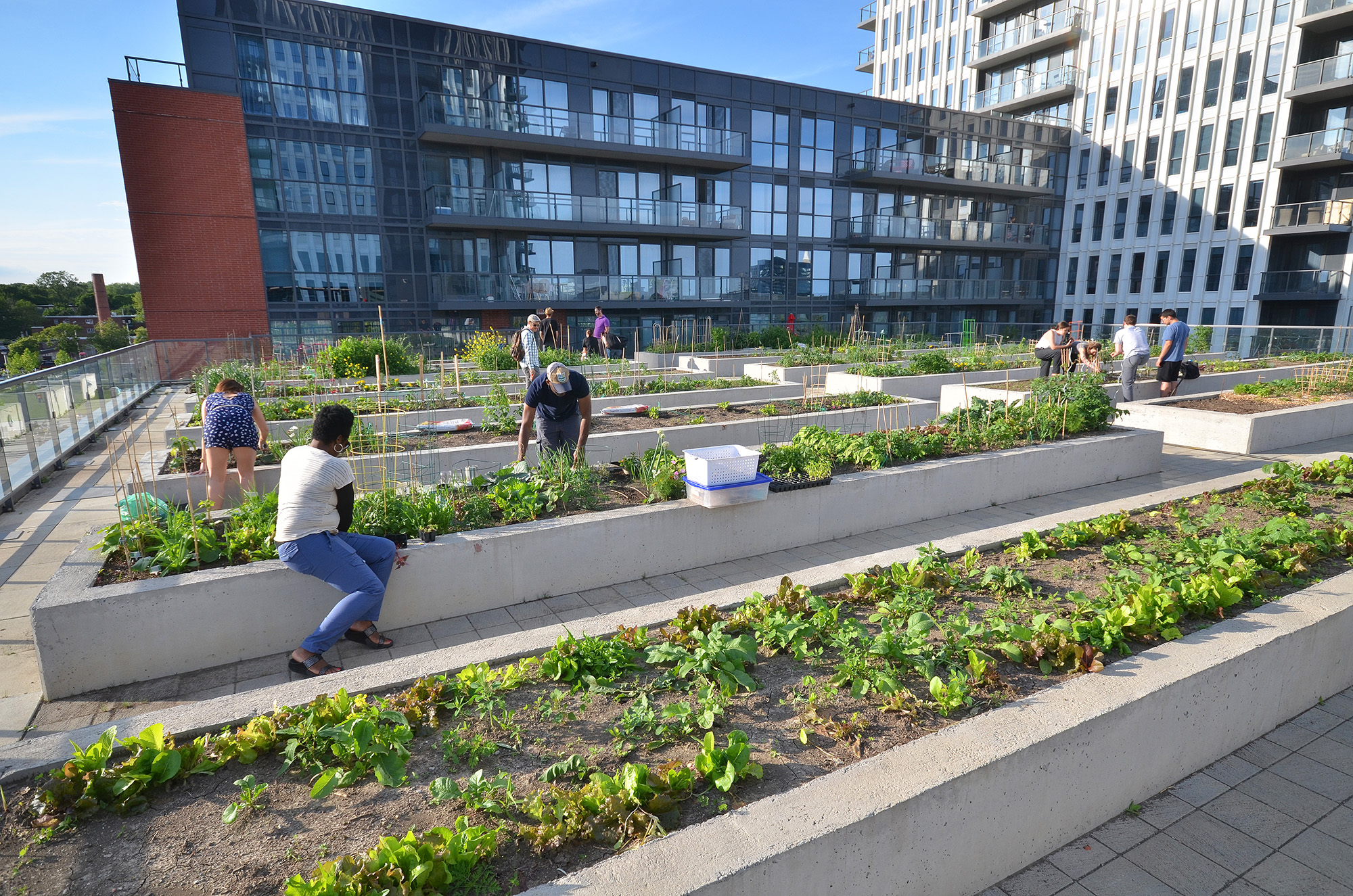
Can you tell us more about how food and community gardens are essential parts of community infrastructure?
MC:
Food security needs to be at the top of every agenda in every community. Food brings people together. In celebration, in mourning and simply in sharing rich flavors flowing from diverse cultural traditions. Sharing and learning about those tastes and flavors breaks down barriers between people. When barriers are removed, magic happens.
Community gardens are one of the special places in which that magic unfolds.
